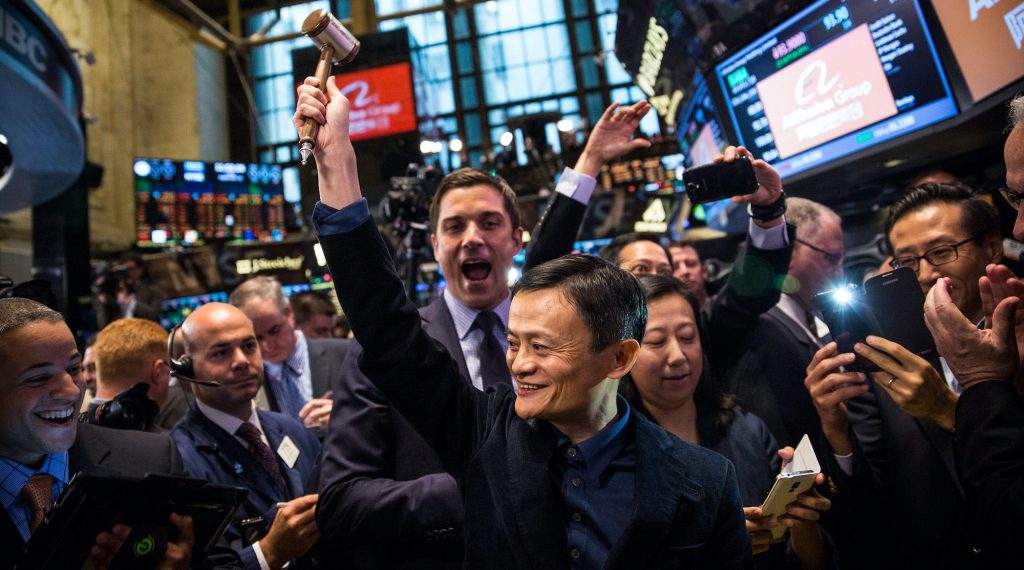- US-listed shares of Chinese firm climbed Thursday on the prospect that an auditing dispute could soon be resolved.
- The Wall Street Journal reported that US and Chinese officials have made substantial progress on a deal.
- Shares of Alibaba, JD.com, and other stocks took part in the rally.
Shares of Alibaba, Baidu, and other US-listed Chinese companies jumped Thursday after The Wall Street Journal reported that the US and China were nearing a deal that would allow American officials to inspect the audit records of Chinese companies listed in New York.
NYSE-listed shares of Alibaba, the e-commerce powerhouse with a market valuation of nearly $283 billion, rose 8% during the session. Rival online retailer JD.com spiked up 9% and search engine heavyweight Baidu picked up 8.5%.
An agreement would resolve a dispute that's been running between the countries for more than a decade. The report, citing unnamed sources, said securities regulators in Beijing are arranging for US-listed Chinese companies and their accounting firms to transfer their audit working papers and other data to Hong Kong from mainland China.
Regulators from the US Public Company Accounting Oversight Board could travel – as soon as next month – to Hong Kong to conduct on-site inspections of the firms auditing the Chinese companies. A deal would only be final if the US officials determine they have full access to the audit working papers, the report said.
Also moving higher, e-commerce platform Pinduoduo shot up 11% and EV maker Nio gained 6%. National security concerns have stoked resistance among Chinese officials to allow inspections of local accounting firms by overseas regulators.
The China Securities Regulatory Commission told the Journal it didn't have any relevant information to disclose and the Public Company Accounting Oversight Board declined to comment.
Shares of Chinese companies listed in the US had gained ground earlier Thursday after China's State Council said it will increase domestic stimulus efforts by 1 trillion yuan ($146 billion) through 19 policies, making that move as the world's second-largest economy fights its slowest growth in decades.

